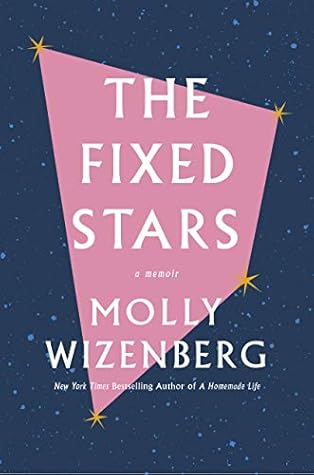More on this book
Community
Kindle Notes & Highlights
But, writes Annie Dillard, “how we spend our days is, of course, how we spend our lives. What we do with this hour, and that one, is what we are doing.”16 Did we really want the same thing at all?
would not revise this assessment. But I would add something now: that one cannot live at one’s limits for long. One cannot stay there indefinitely, not even for love.
When you pick a partner, you pick a story. And that story becomes the life you live and the parts of you that become expressed. And sometimes you realize after years of living those parts of you that there are other parts of you that have virtually disappeared.
“I became a poet in part because I didn’t want to tell stories,” she writes. “As far as I could tell, stories may enable us to live, but they also trap us, bring us spectacular pain. In their scramble to make sense of nonsensical things, they distort, codify, blame, aggrandize, restrict, omit, betray, mythologize, you name it. This has always struck me as cause for lament, not celebration.”19
It was never about whether he worked nights or whether he remembered to take out the garbage; it was about feeling that he was with me, no matter where he was.
Are you allowed to grieve if you’ve caused the death? Is that something that can happen? I had ended my marriage, but I had also ended a life that I had, at one time, loved.
“Many of the women in this study,” Diamond writes, “expressed embarrassment when explaining changes in their sexual feelings, relationships, or identities because they had internalized the prevailing cultural message that such experiences were highly atypical.”52 Many non-heterosexual women end up feeling “doubly deviant, their experiences reflecting neither mainstream societal expectations nor perceived norms of ‘typical’ gay experience.”53
The particulars of our split—that a discrete event had precipitated it, and that we had moved quickly toward divorce—had spared us some of the hurts that accumulate when a relationship breaks down and isn’t laid decisively to rest. It is grueling to work through difficult feelings, but I couldn’t stomach the exhaustion of letting them linger.
I touched my hand to the hole where my marriage used to be. I peered down the fissure. We were married for ten years. Does it count for anything? Is the counter zeroed now? Who decides if it is?
I teeter sometimes on the edge of disliking him, let myself sway there a while. It passes, because now I can get up and leave. I can’t fix or control everything, but I can also stop trying to. There’s freedom in giving up some hope.


